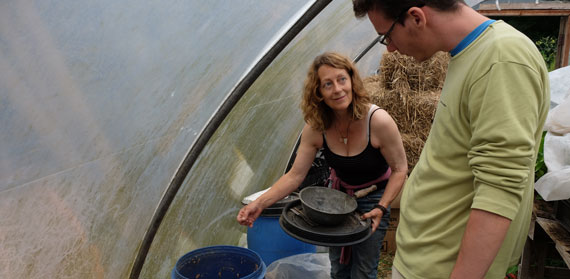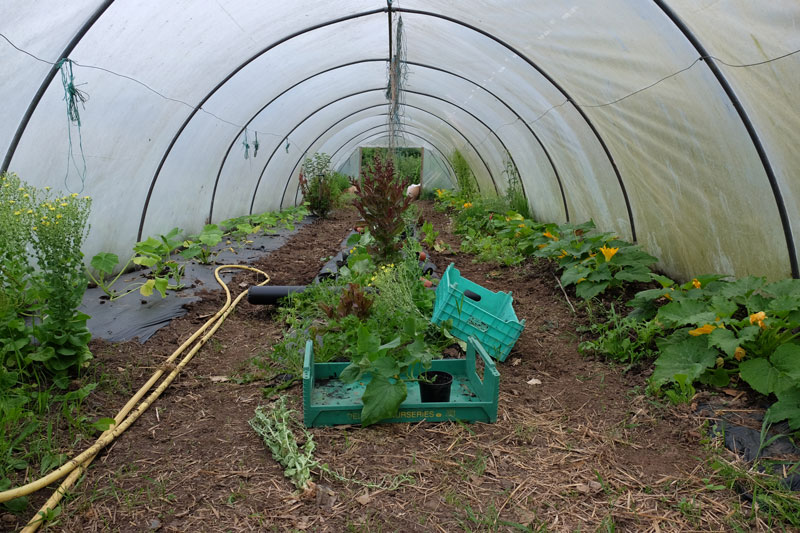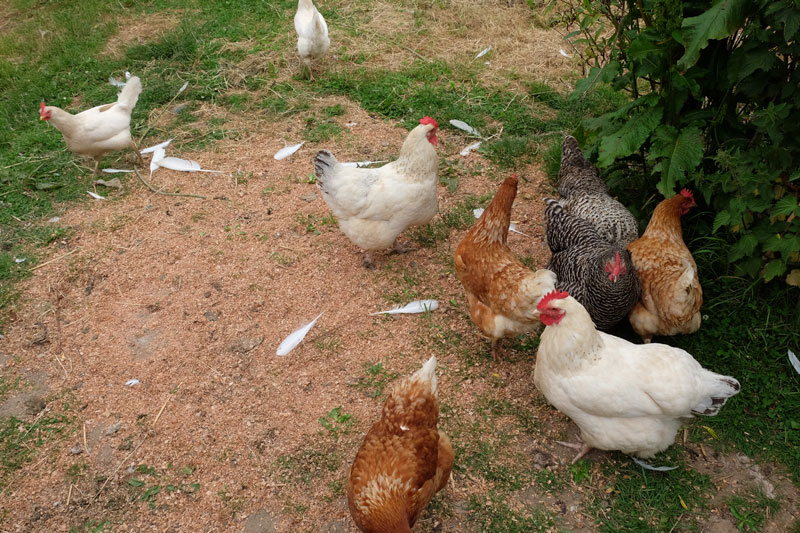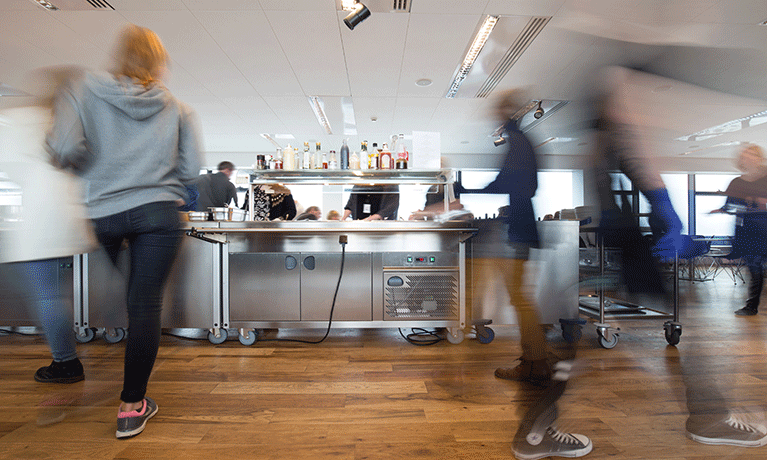Researchers are travelling the UK to assess the sustainability of conventional, organic and permaculture farming systems.
Have you heard about the UN Sustainable Development Goals? What do you feel when you hear the word sustainability? Do you feel rather overwhelmed or somewhat fed up? Do you give credit to meeting the related goals? Or is sustainability just a fancy expression used by policy makers, large companies or academic researchers trying to justify their existence whilst greenwashing what is inherently UNsustainable?
We, Alfred Szilágyi (Szent István University) and Dr Immo Fiebrig (Coventry University), decided to try and find out what sustainability means on the ground, in agriculture. People have put effort in trying to measure sustainability approximately since the 90’ies in an attempt to define the concept. During this process one of the most significant milesstones was the publication of the open source SAFA tool (Sustainability Assessment of Food and Agriculture Systems) by the Food and Agriculture Organisation (FAO) in 2013 (http://www.fao.org/nr/sustainability/sustainability-assessments-safa/en/). The FAO had compiled a structure that allows to assess sustainability in agriculture in a holistic manner. The tool, a set of over 100 interview questions is based on 4 dimensions (Governance, Ecology, Economy and Social), divided into 21 themes and 58 subthemes.
The Swiss Research Institute of Organic Agriculture (FiBL) developed another tool based on the structure of SAFA. They used scientifically based indicators and a way to turn a farmer’s description of the situation on the ground, e. g. certain farming practices, and ascribe grades of sustainability to them. How did FiBL do that? Partly by asking 180 experts from all over the world for their opinions. At the moment SMART can be considered the state-of-the-art tool in holistic sustainability assessment of agricultre.
Our special interest within agriculture lies with ‘permaculture’. But what is it? Yet another buzzword for sustainable farming? We wanted to know if we could put figures to its degree of sustainability by comparing it with organic and conventional farming
Alfréd had assessed 30 farms in Hungary so far, ten of each category, and now we are on our way to see how permaculture farms in the UK will score. So, follow us if you are interested in small-scale nature based alternatives, whether called organic or permaculture, accompany us on our journey around the UK, on the hunt for permaculture successes!
20/06/2017
Today we had our first assessment, so the project has been kicked-off!
We visited an impressive, small-scale organic farm near Leicester, where they produce healthy, natural vegetables and eggs laid by what seemed to us ‘happy chickens’. All is produced with a minimum of external inputs and the least possible fossil energy. We experienced a warm welcome, followed by a walk around the farm. The soil cultivation is completely ploughless, entailing a reasonable amount of manual work. Black biodegradable plastic membranes are used as ‘mulch’ to keep weeds at bay. The high content of clay in the soil is slowly being blanced by introducing organic material through compost and manure applications.
For future harvests, Sue and Sarah have just planted a 0.3 hectare orchard with local fruit varieties. Also there is a beautiful big wild meadow which was full of life, you could just feel the biodiversity watching the many wildflowers and butterflies and by listening to the buzz of bugs and bees. This small paradise is enclosed by native hedgerows and treelines to maximise the ecological functions. All in all it was a really nice experience. Follow our next news if you want to know more about the sustainability of organic agriculture and permaculture in the UK as we will visit further selected farms in the days to come!






Comments are disabled